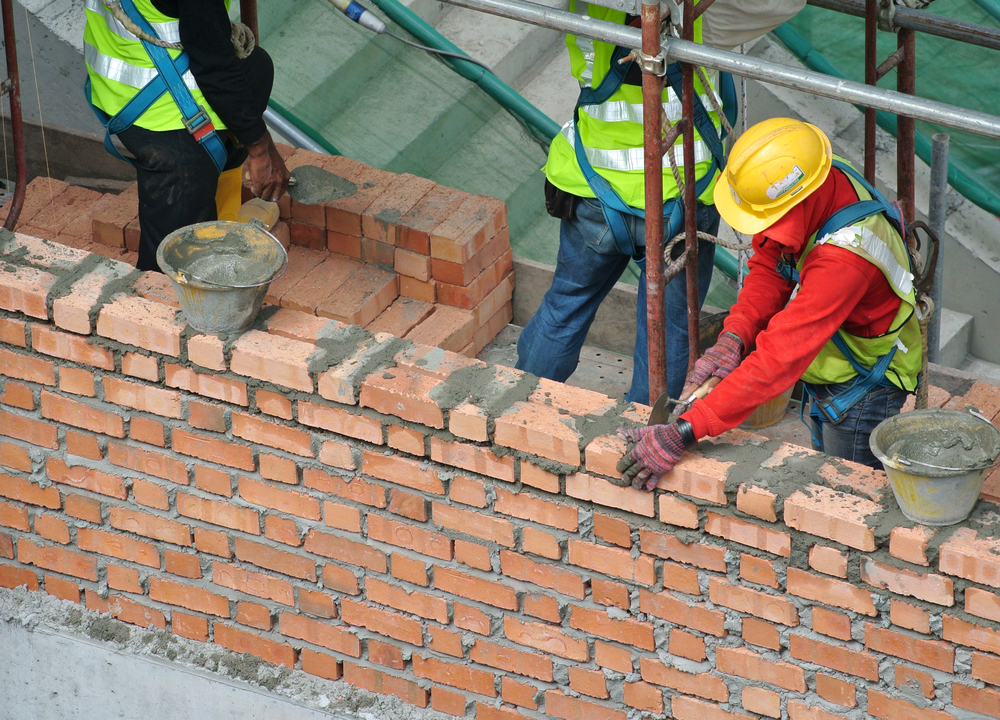How global events make your home renovation projects more expensive
Comparing home extension costs pre- and post-pandemic, you will see an average increase of 30 per cent. This eye-watering amount might appear to be off-putting for many families, but in a volatile housing market it is sometimes seen as more sensible to work with what you already have, rather than risk what you have by selling up at too low a price, and not being able to afford to upsize. Consequently, the home renovation market is as buoyant as ever.
All building material prices have been the victim of varying global events that have had a major impact on supply issues. Aluminium, steel sections, glazing, timber – the most fundamental aspects of any construction project have been through turmoil in recent years, which has made the costing of any project complex and unpredictable, as prices can fluctuate overnight.
But what is it that is driving these fluctuations?
Contents
Energy prices
Ever since Russia entered Ukrainian territory, energy prices have been at the forefront of the news. Not only is the construction industry a heavy consumer of energy, but significant energy is also required to manufacture those raw materials in the first place. Simply thinking about running a construction project costs more money than it did before, and those prices have to be covered somehow – so they inevitably end up on the bottom line.
Currency rate fluctuations
There can be no denying that the world is facing huge economic challenges at the moment, and the current fluctuations in exchange rates are making the import and export of certain materials more expensive. Add to this the fact that many countries are running on high inflation levels – some at 8 per cent, others at over 80 per cent. This adds significantly to the market price of all raw materials.

Cross border politics
The free movement of goods between countries will always be impacted by global events, political conflicts, boundary disputes and general tit for tats between governments. As a global marketplace, over reliance on one supplier for essential items puts a strain on the supply chain. If a consignment is blocked or delayed, that will have a knock on effect on an entire project.
While you can endeavour to mitigate the effect of this by spreading out your suppliers a bit more thinly, delays in one area will lead to an over demand in others, so you need to be prepared for that too.
Skills shortage
One of the biggest issues currently facing the construction industry is a significant shortage of good, skilled labour. Fundamental changes to the education system took a chunk out of the potential professional trades workforce, such as plumbers, electricians and bricklayers, which meant that there was a heavy reliance on imported skills. The since Brexit, there has been an exodus of that imported skilled labour force, leaving gaping holes in the current employment market.
As a result, quality skilled labour has increased in price. If a contractor is lucky enough to fill the various roles that are required to complete a construction project, they have to pay that worker an attractive rate – and that is inevitably passed on.
The price of petrol
Petrol has probably peaked and dipped the most over the last couple of years, and everyone has suffered from the volatility of the petrol pump prices. This inevitably feeds into the cost of getting materials to a construction site, no matter how far away it is coming from.
The last few years have been particularly hard on the construction sector, where price rises have been compounded in a short amount of time, caused by the perfect storm of a number of different global events. Adaptation is crucial for survival, seeking out cost-saving strategies in other areas to try and mitigate the impact. As a homeowner, keep your eye on the long-term – short-term gain will eventually lead to long-term gain.

